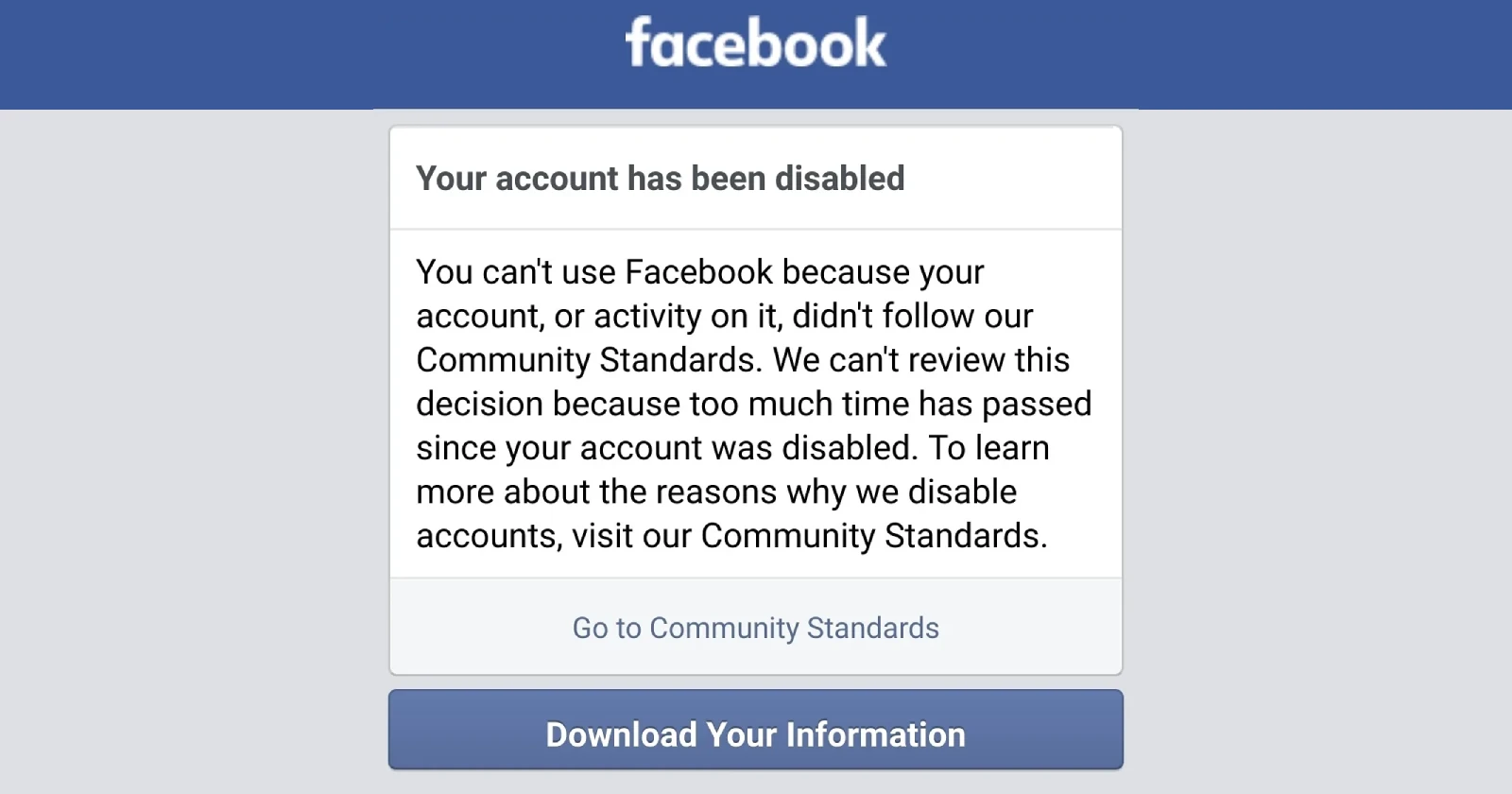If your Facebook or Instagram account has ever been disabled, hacked, or mistakenly disabled, you know how frustrating it can be to deal with Meta’s support — or lack thereof. For years, users have complained about the impossibility of getting human help to resolve account issues. Now, there’s a solution, but it comes with a catch: Meta Verified, a subscription service designed to offer verification and, crucially, direct support for account recovery.
Here’s what you need to know about Meta Verified and why it might be your best shot at reclaiming a lost account.
What is Meta Verified?
Meta Verified is a subscription service introduced by Meta last year. For a monthly fee (around $12 or $15 USD), users can get their Facebook or Instagram accounts verified with a blue checkmark. While the verification itself is a big deal for some, the more significant perk is access to live customer support—a rarity for Meta users. For many, that support is proving to be a game-changer in resolving account issues that were once impossible to fix.
How it’s helping users
A growing number of people are reporting success stories after signing up for Meta Verified. On platforms like Reddit, users have shared how they managed to recover their disabled or hacked accounts through the service.
One Reddit user shared, “After 3 months, I got my hacked/permanently disabled account back through Meta Verified today. Can’t believe it.” Another user said their account was reactivated the day after subscribing. But these aren’t the only people who reported success in getting back their accounts with Meta Verified.
We’ve come across over a dozen threads and posts from users who confirmed that subscribing to Meta Verified was a good decision on their part to restore their accounts. The process seems to involve providing identity documents and working with Meta’s support team through a live chat feature — a significant improvement over the automated responses many users have faced in the past.
It’s not perfect
While the service has helped some users, others are less satisfied. One user shared a more disappointing experience: “I also tried to pay for the meta verified service, I had support for two days, I provided all the supporting documents requested, but they wrote to me today to tell me that it was impossible to recover my accounts and that I unfortunately will not be able to make a new request. Several years of work in the trash because it was to recover my personal page as well as my professional page.”
There’s also criticism about Meta charging users to fix problems caused by their own systems. Some feel the subscription is unfair, especially for those who were wrongfully disabled or hacked. One user said that they refused to pay, instead filing a small claims lawsuit to get their account back.
Is it worth it?
If you’ve been locked out of your account for months and other recovery methods have failed, Meta Verified might be worth trying. The $15 monthly fee is far from ideal, but for many, it’s cheaper than losing a business account or years of memories.
However, it’s important to manage your expectations. While some users have seen fast results, others report slow or unhelpful responses even with the service. So do not expect a guaranteed recovery just because you subscribed to Meta Verified.
The bigger issue
Meta Verified highlights a larger problem: Meta’s lack of accessible support for its billions of users. Without a subscription, the odds of speaking to a real person are slim. For many, paying for Meta Verified feels less like a premium service and more like a necessary workaround for a broken system.
Whether you see Meta Verified as a lifeline or just another way for Meta to cash in, it’s clear that it’s becoming the go-to solution for account recovery. If you’ve exhausted all other options, it might be your best hope of getting back online. Just remember to cancel your Meta Verified subscription once you recover your account and if you do not want to keep paying the monthly fee.
Would you pay for Meta Verified to recover your account, or should Meta fix this system for free? I lean towards the latter option, especially if the fault is entirely at Meta’s end. Nevertheless, feel free to share your thoughts on this in the comments section below.
tyler04-02-2025
Account lockouts can be incredibly frustrating. Imagine trying to access your email or social media only to be met with a message saying your account is locked. Unfortunately, account lockouts are a common issue faced by many users today, often leading to interruptions in communication or business. she will provide you with actionable steps to regain access to your locked account across various platforms. reach her ([email protected]) whatapp :+1 712 759 4675


